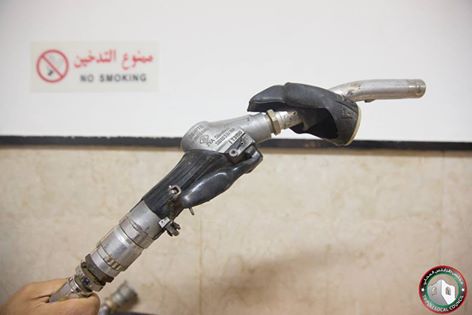By Sami Zaptia.
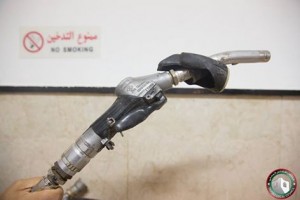
Tripoli, 22 August 2014:
Tripoli Municipal Council (TMC) said that the real reason for the current and ongoing Tripoli fuel . . .[restrict]crises is not the shortage of fuel supply, but it is the systematic and willful sabotage and vandalism to petrol stations.
TMC said that it has taken steps to coordinate with various security agencies to provide security at some petrol stations which has enabled these stations to operate. However, it has not been able to obtain enough security personnel to enable it to operate most of Tripoli’s petrol stations.
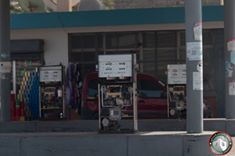
Most petrol stations are refusing to open unless the authorities provide them with armed security.
The last list of petrol stations provided by TMC/Brega shows that in theory about 30 petrol stations are supposed to be operating in the whole of Tripoli. Libya Herald questions this number. Three out of the five nearest petrol stations to Libya Herald’s office remain closed.
Greater Tripoli’s fuel crises has been building for a few months, but it reached an acute status when fighting broke out between warring militias an Tripoli International airport and at the Airport road of the capital. This fighting led to the total destruction of Tripoli’s main fuel depot located at the heart of the militia fighting zone about half way up airport road.
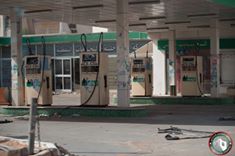
As an emergency measure, Tripoli Municipal Council together with Brega Marketing, the NOC arm charged with fuel distribution, resorted to importing petrol, diesel and domestic cooking gas by tanker into Tripoli port and distributing it from there.
There are accusations that some of the systemic vandalism on petrol stations is politically motivated as part of the militia fighting and part of the campaign against the newly elected House of Representatives.
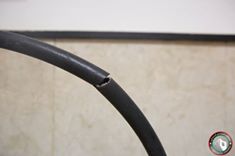
Equally, black market petrol racketeers are also suspected of systemically vandalizing petrol stations in order to keep black market petrol prices high. Black market petrol prices had reached as high as 30 times the official petrol station pump prices. [/restrict]
